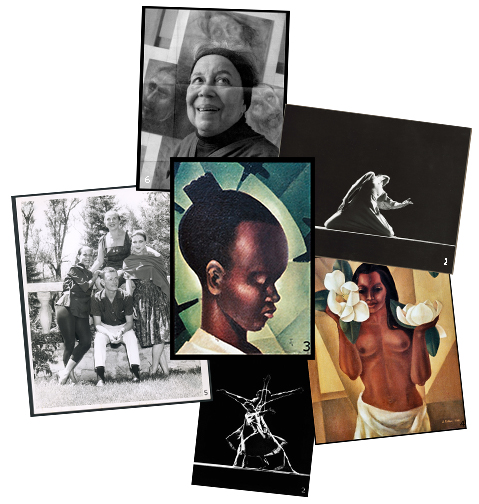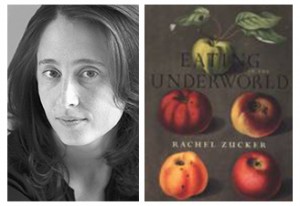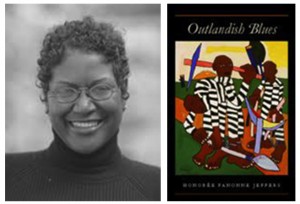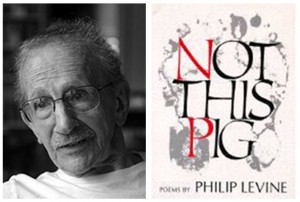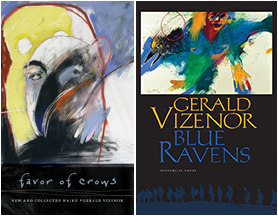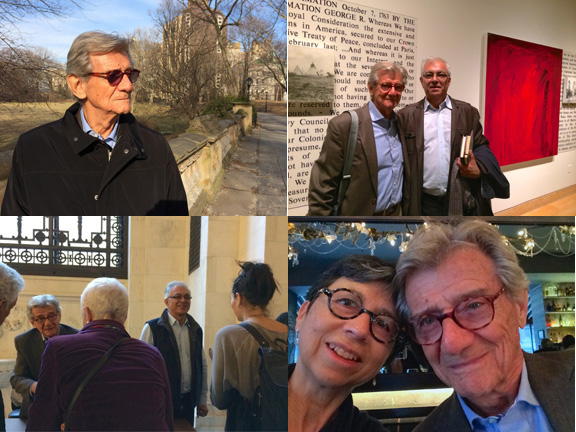Janet Collins, renowned dancer, painter, and the first African-American soloist ballerina to appear at the Metropolitan Opera, remains largely under-recognized. Actress and mother Karyn Parsons, who played Hilary Banks in The Fresh Prince of Bel Air, hopes to remedy this by sharing Collins’ story with those to whom it might be most important—children.
Karyn created a Kickstarter campaign, which closes on July 18th, to fund the project. Donors will receive all manner of exciting prizes. There are signed posters, photographs, and books; chances to have a voicemail message recorded by Chris Rock or Jada Pinkett Smith; even opportunities to meet Rock or members of the cast of The Fresh Prince of Bel Air.
You can also select Welseyan’s book on Janet Collins, Night’s Dancer: The Life of Janet Collins by Yaël Tamar Lewin. As Collins wrote in her unfinished memoir, included in Night’s Dancer, her life was full of “great thrills—and great chills.” Janet was born in 1917 to a poor but educated family in New Orleans. The family moved to Los Angeles soon after her birth, as her mother wanted to live in a place where her children “could go anywhere they wanted to, particularly the library.”
Janet’s talents became apparent at a young age, but as a black woman in the entirely white world of dance, she faced prejudice. At age fifteen she was offered a spot in the prestigious company Ballet Russe de Monte Carlo, but only if she agreed to perform in whiteface. She refused. Later, she was unable to tour in the Jim Crow South.
Collins went on to star in Aida and Carmen, and eventually graced the stage of the Metropolitan Opera, its first black prima ballerina. Since then, she has been widely recognized as one of the finest dancers in America. Her artistic and personal influences continue to shape the dance world today.
It’s an important story, one that is sure to inspire todays young people. Visit the Kickstarter page to contribute. The campaign has garnered attention from BET, The Guardian, and NPR.
Photo credits, all found in Night’s Dancer: 1 & 2: Collins in Spirituals. Photo @ Dennis Stock/Magnum Photos. Courtesy of the Jerome Robbins Dance Division, The New York Public Library for the Performing Arts. 3: Painting of a young girl by Collins. Courtesy of the estate of Janet Collins. 4: Painting of a woman with magnolias by Collins. Courtesy of the estate of Janet Collins. 5: Collins with Hanya Holm, Don Redlick, and Elizabeth Harris, 1961. Photo by Bob McIntyre. Courtesy of Don Redlich. 6: Collins surrounded by her art. Betty Udesen/The Seattle Times.

